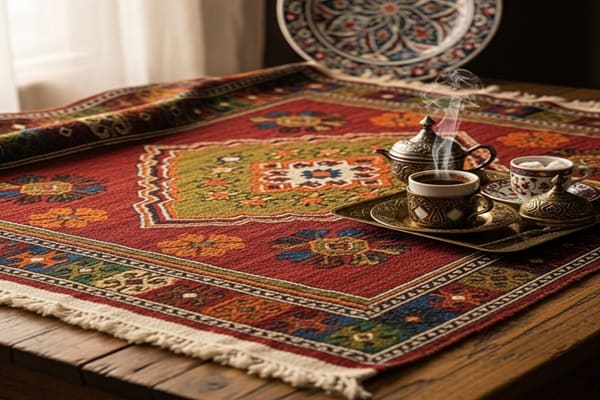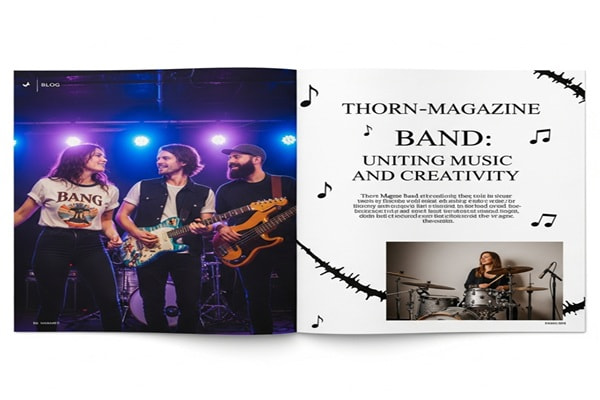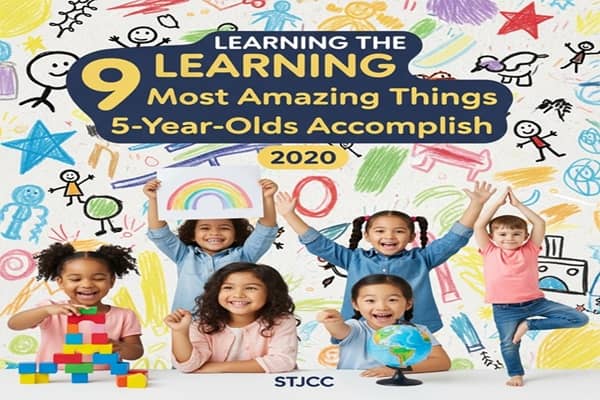Antonio Chi Su: The Visionary Entrepreneur Bridging Cultures
Share your love

In Mexico City’s bustling streets, where tradition meets modernity, few names stand out quite like Antonio Chi Su. He wasn’t just a restaurateur or an artist—he was a cultural bridge-builder who used food, creativity, and resilience to connect people across backgrounds.
From humble beginnings to becoming a pioneer in fusion dining and multicultural art, Chi Su’s journey is filled with lessons that remain relevant today. If you’re an entrepreneur, foodie, or someone who simply loves stories of resilience and cultural innovation, his life has plenty to teach.
In this guide, we’ll dive deep into Antonio Chi Su’s life, career, and legacy, and highlight why his story still matters.
Early Life: Rooted in Two Worlds
Antonio Chi Su was born in Mexico City to Chinese immigrant parents. Growing up, he lived at the intersection of two cultures—immersed in Chinese traditions at home while absorbing Mexican customs all around him.
This blend of influences sparked his lifelong passion for cultural exchange. While we don’t know much about his formal education, one thing is certain: his real schooling came from hands-on experiences in hospitality, networking, and learning directly from mentors.
From a young age, Chi Su understood that food wasn’t just about survival—it was about storytelling, identity, and connection.
Career Highlights: Building More Than a Restaurant
Perhaps Chi Su’s biggest career milestone was opening his Chinese restaurant on Avenida Bucareli, right in the heart of Mexico City. But this wasn’t your typical eatery.
Instead of sticking strictly to traditional Chinese flavors, he created a fusion of Chinese and Mexican cuisines—a bold move at the time. Locals and tourists alike fell in love with the experience. The restaurant became more than a place to eat; it turned into a cultural landmark.
Working alongside his wife, Lyn May, a celebrated Mexican vedette, Chi Su designed a dining space that symbolized unity between two traditions. The food told stories, the ambiance celebrated diversity, and the overall experience left a lasting impression on guests.
But Chi Su didn’t stop at running a restaurant. He:
-
Mentored young chefs, teaching them how to balance authenticity with innovation.
-
Pioneered culinary programs, encouraging cross-cultural learning.
-
Focused on customer experience and quality, which made his restaurant stand out in a competitive market.
In short, his work was entrepreneurship with purpose.
Contributions to Culinary Arts and Cultural Exchange
Antonio Chi Su was more than a successful businessman—he was a visionary pushing boundaries in gastronomy and culture. Some of his most notable contributions include:
-
Launching the Mexican-Chinese Culinary Arts Program – A training initiative blending the best of both cuisines.
-
Providing scholarships – Supporting students interested in multicultural culinary studies.
-
Advocating sustainable practices – Promoting eco-friendly restaurant operations long before it was mainstream.
-
Hosting annual cultural festivals – Celebrating Chinese and Mexican traditions through food, art, and performances.
Through these efforts, Chi Su proved that food could be a powerful medium for cultural diplomacy.
Personal Life: A Partnership Built on Love and Shared Vision
Behind the entrepreneur was a man deeply committed to his family. His marriage to Lyn May wasn’t just a personal relationship—it was a cultural statement. Together, they showed how love and respect can transcend cultural divides.
Chi Su believed that businesses should do more than generate profit. They should be platforms for human connection. His restaurant became exactly that—a place where strangers from different walks of life could sit at the same table, share a meal, and leave feeling connected.
Challenges: Resilience in the Face of Adversity
Like many great visionaries, Antonio Chi Su’s path wasn’t easy.
In the 1990s economic downturn, many businesses in Mexico closed their doors. Yet Chi Su found ways to adapt. Instead of giving in, he innovated his business model and kept his restaurant alive when others struggled.
Then, in 2004, he was diagnosed with prostate cancer. For many, that would have been the end of the story. But Chi Su kept going—managing his restaurant, mentoring others, and supporting cultural projects. His resilience in the face of illness inspired countless people.
For him, obstacles weren’t roadblocks—they were opportunities to grow stronger.
Beyond Food: Antonio Chi Su the Artist
Interestingly, Chi Su’s creativity wasn’t limited to the kitchen. He was also an artist, blending Chinese motifs with Mexican modernist influences. His art was colorful, layered, and full of symbolism, exploring themes like:
-
Identity – What does it mean to belong to more than one culture?
-
Fusion – How can traditions coexist and complement each other?
-
Dialogue – Using art to spark conversations between different communities.
His exhibitions in Mexico City drew attention, further cementing his reputation as a cultural ambassador.
Also Read : SomeBoringSite.com: A Journey Into the Extraordinary
7 Key Lessons from Antonio Chi Su’s Legacy
So, what can we learn from Chi Su’s remarkable journey? Here are some takeaways:
-
Cultural fusion creates innovation – Embracing diversity can spark fresh ideas in business and art.
-
Resilience is everything – Economic struggles or health issues don’t have to define you; how you respond does.
-
Businesses should build community – Profit is important, but impact lasts longer.
-
Mentorship multiplies impact – Sharing knowledge ensures your vision lives on through others.
-
Art and food are universal languages – Both can transcend borders and connect people.
-
Sustainability is the future – Building eco-friendly practices ensures long-term relevance.
-
Love and respect bridge divides – Personal and professional partnerships thrive when grounded in mutual respect.
Enduring Legacy: A Name That Still Resonates
Today, Antonio Chi Su’s influence is alive and well. His restaurant remains a symbol of cultural integration, his artwork continues to inspire, and his programs—like culinary scholarships and cultural festivals—still empower new generations.
Institutions like the Chi Su Culinary Institute carry his vision forward, training chefs in the art of fusion cuisine. Meanwhile, the Cultural Exchange Fund supports young artists in projects that celebrate diversity.
His story is proof that one person’s vision can echo long after they’re gone.
Final Thoughts: Why His Story Still Matters
Antonio Chi Su’s life wasn’t just about food or art—it was about creating bridges where none existed.
He showed that success is about more than money. It’s about leaving behind a legacy of unity, resilience, and cultural appreciation. Whether you’re building a business, pursuing art, or simply trying to make a difference in your community, there’s something to learn from his journey.
At the end of the day, Chi Su reminds us that true visionaries don’t just chase profit—they create meaning.
And in that sense, his influence will always remain timeless.







